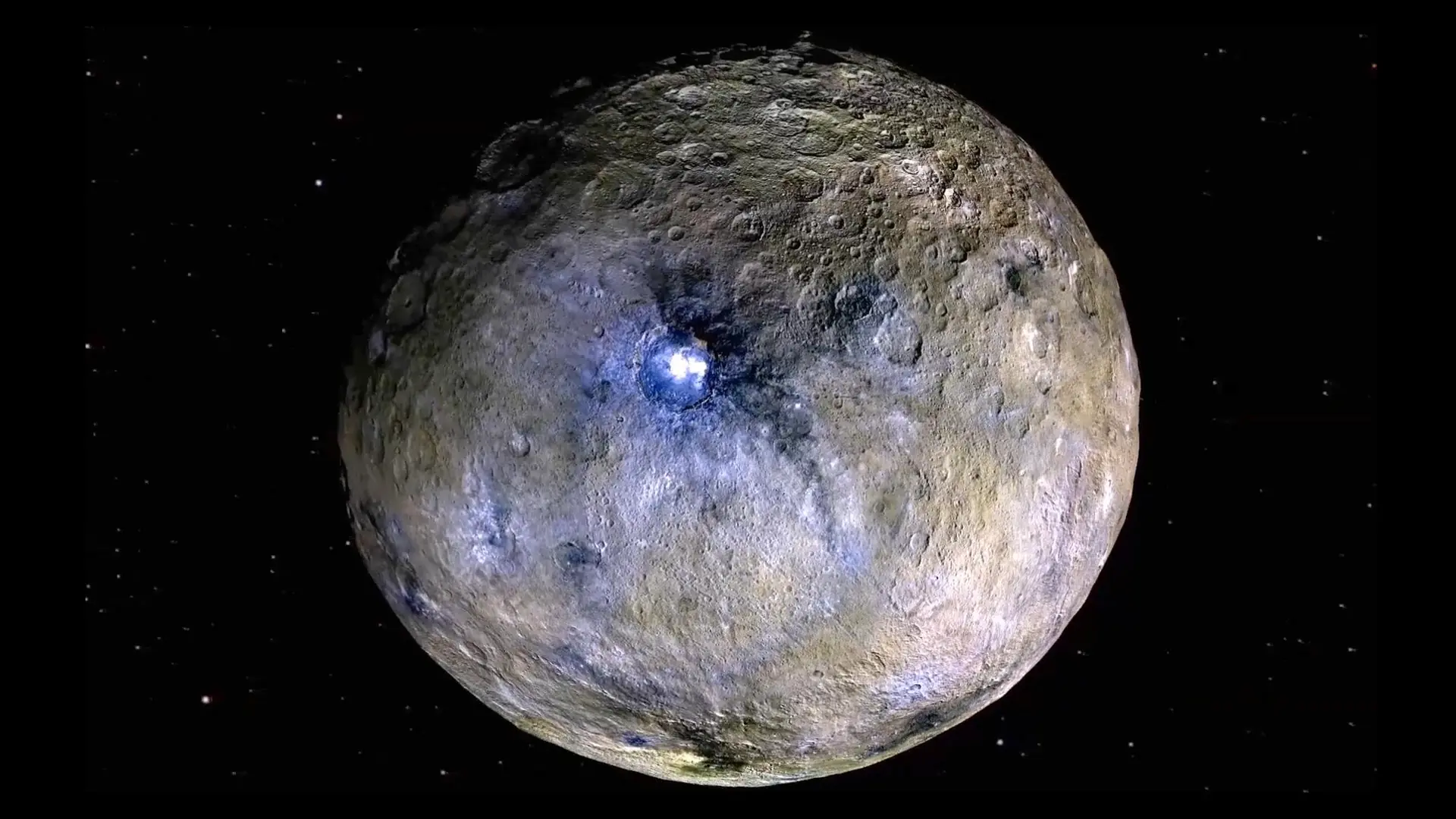
10 Warning Signs Your Kidneys May Be in Trouble
10 Warning Signs Your Kidneys May Be in Trouble

Kidney disease is a serious and often silent condition that affects millions globally. The kidneys play a vital role in maintaining fluid balance, filtering waste, and regulating blood pressure and red blood cell production. When they’re compromised, your body often sends out subtle—yet important—signals. Recognizing these early warning signs can make a critical difference in managing kidney health before permanent damage occurs.
The Critical Role of Your Kidneys
Located just below your ribcage on either side of the spine, the kidneys are small, bean-shaped organs responsible for:
-
Filtering waste and excess fluids from the blood
-
Regulating electrolytes like sodium, potassium, and calcium
-
Balancing blood pressure
-
Stimulating red blood cell production
Healthy kidneys filter about 120 to 150 quarts of blood each day, producing 1 to 2 quarts of urine. When kidney function declines, waste builds up, and health begins to deteriorate.
What Is Kidney Disease?
Also known as renal disease, kidney disease develops when the kidneys are damaged and lose their ability to function properly. It can be caused by:
-
High blood pressure
-
Diabetes
-
Infections
-
Autoimmune disorders
-
Genetic conditions
If left untreated, kidney disease can lead to kidney failure, requiring dialysis or a transplant. Early detection is crucial to slowing progression and avoiding complications.
10 Early Signs Your Kidneys May Be Failing
Many people don’t recognize the signs of kidney disease until it has advanced. Here are ten symptoms to watch for:
1. Changes in Urination
-
Increased frequency, especially at night
-
Decreased urine output
-
Foamy or bubbly urine
These changes often indicate impaired kidney function.
2. Fatigue and Weakness
Kidney damage can lead to anemia (low red blood cell count), causing:
-
Persistent tiredness
-
Weakness
-
Difficulty concentrating
3. Swelling (Edema)

When kidneys can’t eliminate excess fluid, it can build up in:
-
Hands and feet
-
Ankles
-
Face
-
Abdomen
4. Persistent Lower Back Pain
Pain below the ribcage or on one side of the back could signal:
-
Kidney inflammation
-
Kidney stones
-
Urinary tract infection (UTI) affecting the kidneys
5. Unexplained Weight Loss or Loss of Appetite
As toxins accumulate, they can interfere with:
-
Hunger cues
-
Digestion
-
Nutrient absorption
6. Nausea and Vomiting
A buildup of waste in the body may lead to:
-
Morning nausea
-
Vomiting after meals
These symptoms often worsen as kidney function declines.
7. Difficulty Sleeping
Kidney disease is associated with:
-
Restless leg syndrome
-
Muscle cramps
-
Frequent nighttime urination
All of which disrupt restful sleep.
8. Metallic Taste in the Mouth
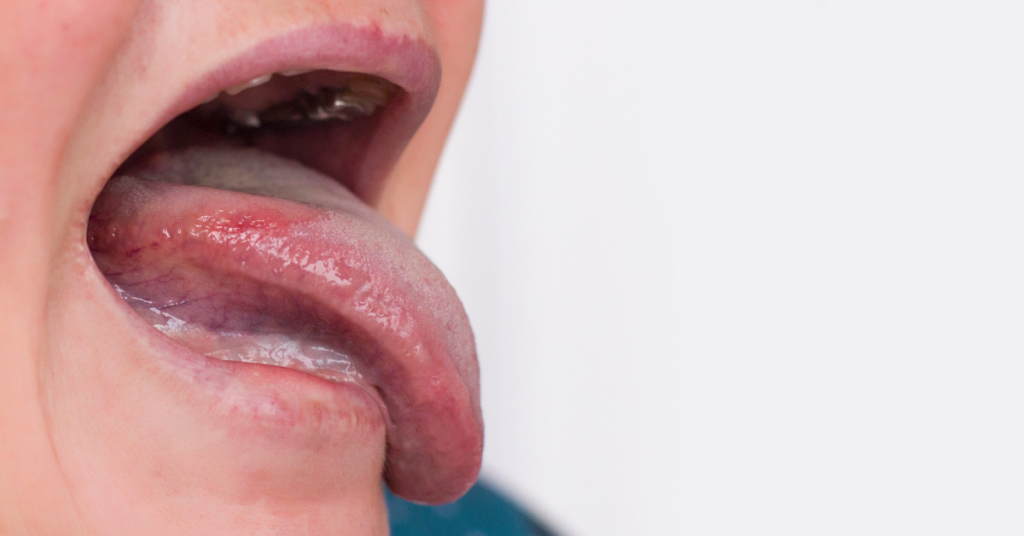
A strange, metallic taste or persistent bad breath can occur due to:
-
Waste buildup in the blood
-
Uremia (a symptom of advanced kidney failure)
9. Muscle Cramps and Twitching
When kidneys fail to balance electrolytes, you may experience:
-
Leg cramps
-
Muscle spasms
-
Nerve irritability, especially at night
10. Dry, Itchy Skin
Toxin buildup in the bloodstream can cause:
-
Chronic itchiness
-
Skin dryness
-
Rashes in more advanced stages of kidney disease
Prevention and Early Detection
While some risk factors for kidney disease (like genetics) can’t be controlled, many can. To protect your kidneys:
-
Stay hydrated
-
Eat a balanced, low-sodium diet
-
Exercise regularly
-
Avoid smoking and limit alcohol
-
Monitor blood pressure and blood sugar
-
Be cautious with medications (especially NSAIDs)
-
Get regular kidney function tests, especially if you’re at higher risk
Take Action Early
If you’re experiencing any of the symptoms listed above, don’t ignore them. Early medical intervention is key to managing kidney disease effectively. Talk to your healthcare provider about testing and monitoring your kidney health—especially if you have diabetes, high blood pressure, or a family history of kidney disease.
Your kidneys may be small, but their impact on your health is enormous. Don’t wait for symptoms to become severe—listen to your body and take action today.
News in the same category


💤 The Science of Dreaming: Why Do We Dream?

Too Much Salt May Lead to Depression, New Study Suggests
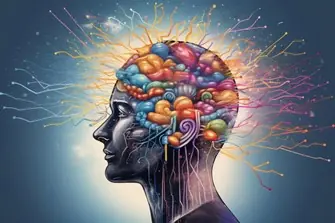
New Study Reveals: Memory May Be Stored in Cells Beyond the Brain
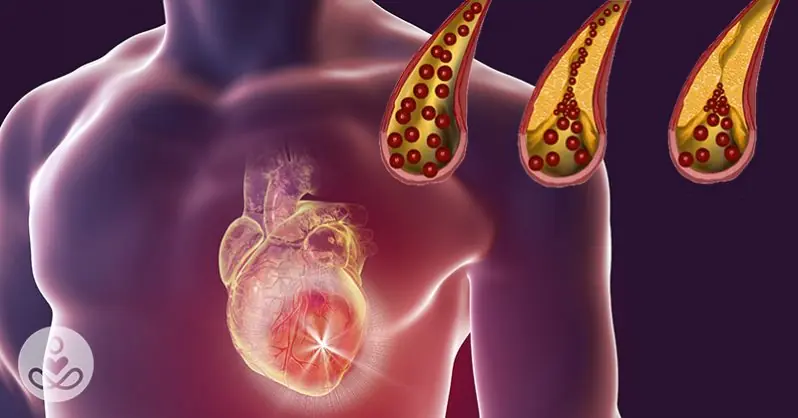
10 Foods You Should Eat Daily to Keep Your Arteries Clean

The Sleep Position That Could Be Quietly Damaging Your Health, According to Experts

Shocking Cancer Diagnosis at 44 Raises Alarms About a Popular Daily Sandwich Ingredient
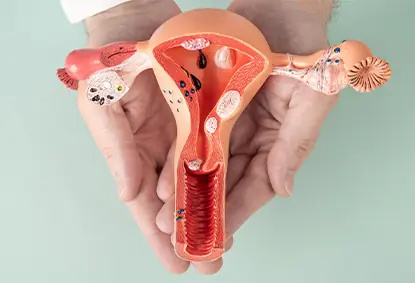
Understanding Uterine Fibroids: Causes, Symptoms, and Treatment Options
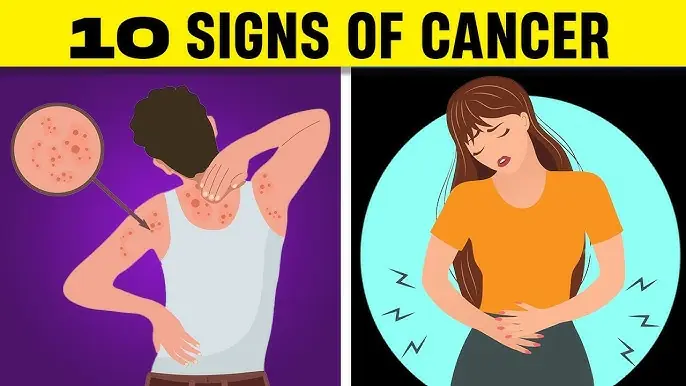
Is Your Body Trying to Tell You Something? 15 Early Signs of Cancer

If You Suddenly Wake Up Between 3:07 and 3:15 AM, You Should Be Extra Cautious
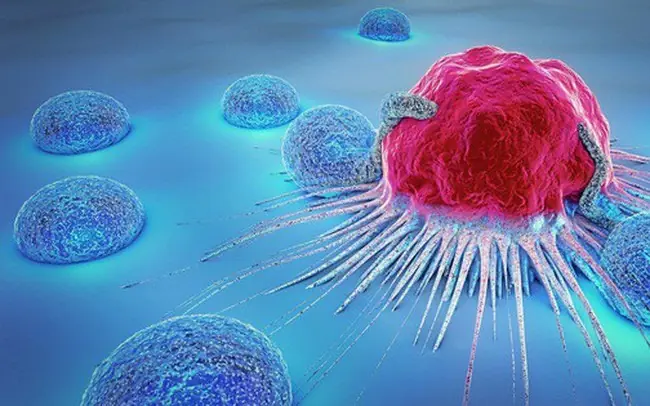
Discovery of a Drink That Helps “Push Back” Cancer: It's Not Tea or Coffee

One Year Before Death: The Body Often Shows 5 Warning Signs!

Revolutionary HIV Treatment: Lenacapavir Achieves 100% Clinical Efficacy
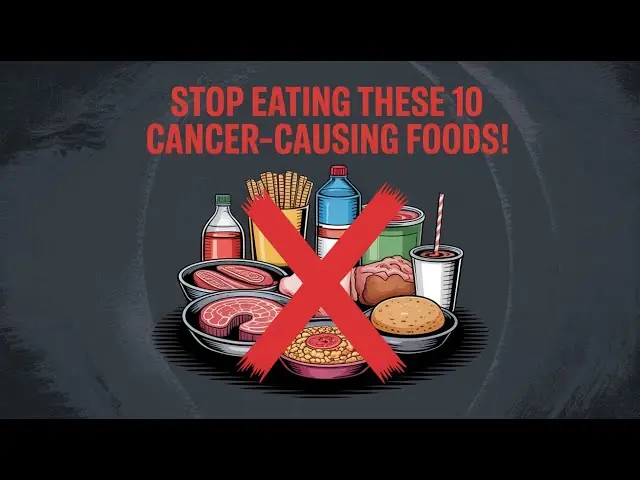
10 Foods Linked to Cancer You Should Avoid

How to Reduce Age Spots: Causes, Treatments, and Prevention
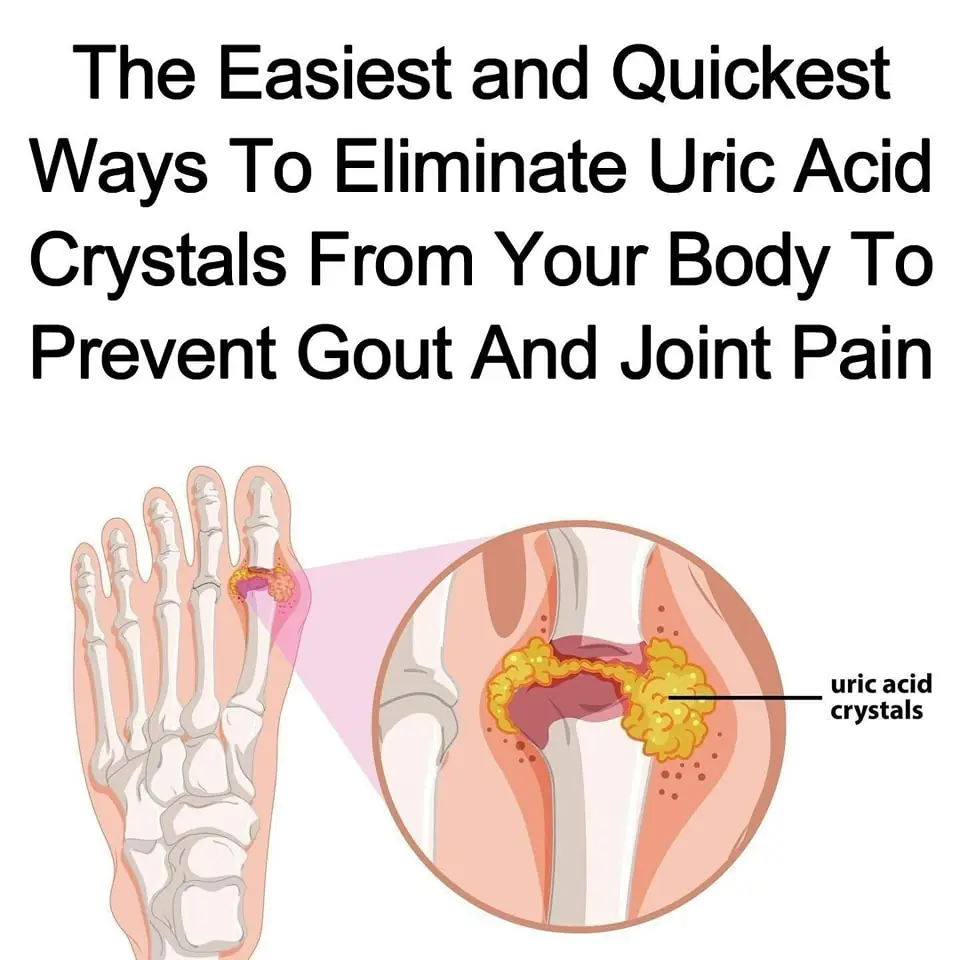
How to help naturally relieve gout and joint pain

Sudden Sharp Chest Pain? The Mystery May Finally Be Solved
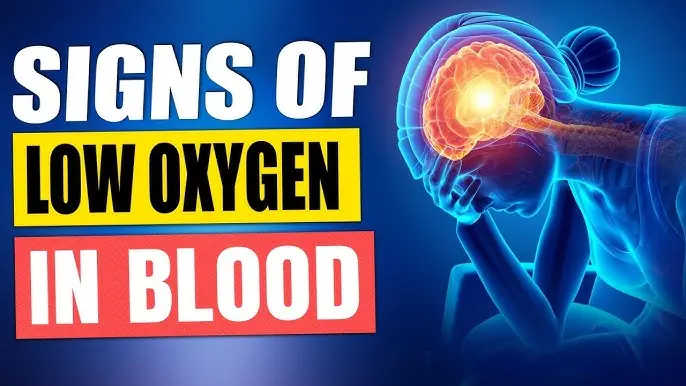
8 Warning Signs Your Oxygen Levels May Be Too Low — And How to Improve Them Naturally

Man Loses 400 Pounds Naturally and Raises Funds to Remove Excess Skin
News Post

Man Builds $20m White House Replica Atop Skyscraper—Now Legal Woes Keep Him Out

At 60, I Healed Cancer, High Blood Pressure, Diabetes, and Poor Circulation – All Thanks to This Powerful Drink

Woman Claims Ghost Companion Of 12 Years Warns Of Imminent Apocalypse

This Simple Homemade Juice Could Transform Your Life — The 100-Year Elixir Revealed!

🧠 How Your Brain Today Reflects Your Habits from Two Weeks Ago

💤 The Science of Dreaming: Why Do We Dream?

Too Much Salt May Lead to Depression, New Study Suggests

New Study Reveals: Memory May Be Stored in Cells Beyond the Brain

10 Foods You Should Eat Daily to Keep Your Arteries Clean

The Sleep Position That Could Be Quietly Damaging Your Health, According to Experts

Shocking Cancer Diagnosis at 44 Raises Alarms About a Popular Daily Sandwich Ingredient

When I Got Home from a Work Trip, 'He Lies' Was Carved Into My Hedge – Then I Found a Note Explaining Everything

My Wife Took $10K from My Daughter's College Fund to Pay for Her Own Daughter's Vacation & Said I Should Be Fine with It – Well, I Wasn't

I Got a Free First-Class Seat – My Entitled Brother Thought He Deserved It Just for Existing & My Family Took His Side

I Bought a $12 Prom Dress from a Thrift Store – Inside Was a Note That Changed Three Lives Forever

My Future MIL Showed Up to My Wedding in a Dress Identical to Mine – But My Groom's Reaction Made the Whole Church Go Silent

Understanding Uterine Fibroids: Causes, Symptoms, and Treatment Options

Is Your Body Trying to Tell You Something? 15 Early Signs of Cancer

The Sun Isn't Yellow — It's Actually White ☀️
